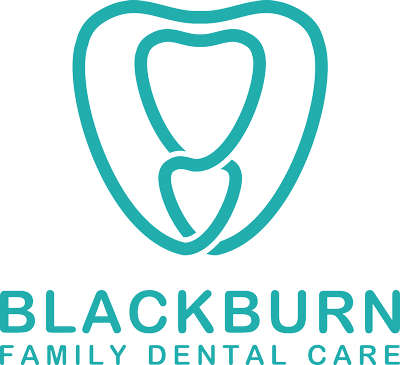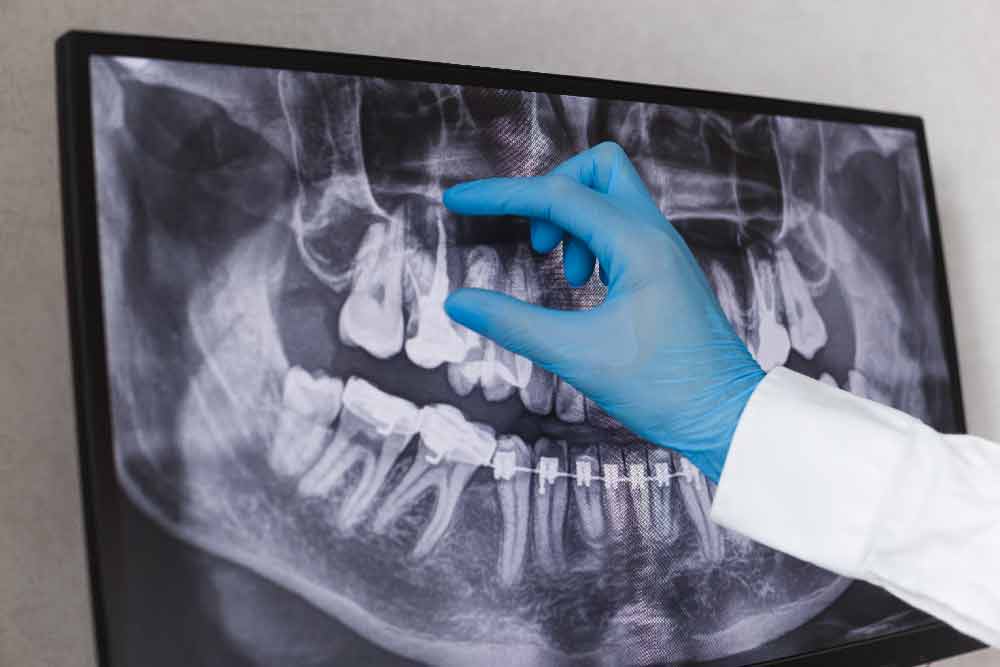If you’ve never had a root canal treatment before, you may have only heard about the fearful reputation that seems to precede it. However, root canals are not as frightening as you may think. In fact, root canal therapy should be viewed in a positive light as they help millions of people each year relieve themselves of pain and save their natural teeth.
In this article, we tell you everything you need to know about having a root canal treatment so that you can be more informed and knowledgeable about the procedure.
What is root canal therapy?
A root canal treatment involves drilling a hole into a decayed, infected or “dead” tooth and removing the soft centre, which is known as the dental pulp. The dental pulp is made up of connective tissue, nerves, and blood supply, and extends into the roots of the tooth. Often if a root canal is initiated there will also be bacteria and infected debris in the nerve chamber. The root canal process is designed to clean this chamber. A tooth can function with or without its nerve, which is why root canal therapy is a viable treatment option. During this initial process the dentist will also remove the decayed tooth structure that caused the infection in the first place, the void created by the removed decay is filled with filling materials.
Once cleaned and disinfected, the tooth and it’s root canals are then filled and resealed. Often the root canal procedure plus the already compromised tooth means that structurally it isn’t that strong. Your dentist may recommend additional protection for the tooth to prevent it from cracking or splitting. This might involve the recommendation of an onlay or crown, restorative options which are often made outside the mouth using stronger materials like metala, high strength porcelains or a combination of both.
Signs that you may need root canal treatment
Usually, the most common sign that you might need root canal treatment is tooth pain. If you are experiencing prolonged tooth sensitivity to hot or cold temperatures, tender and swollen gums, or jaw and toothaches, you may find yourself in need of a root canal. The only way to tell for sure is to visit your dentist for an examination. Your dentist will inspect your teeth and gums and conduct X-rays to determine the best course of treatment.
Generally, the usual causes of root canal problems are as follows:
- Advanced tooth decay
- Cracked teeth
- Injury to the teeth
- Teeth grinding
- Gum disease
What are the benefits of root canal therapy?
95% of patients who undergo root canal therapy have a successful procedure with a fully functioning tooth after the treatment. Of course, the immediate advantage of a root canal is that you will no longer have to suffer from the pain or discomfort arising from your infected tooth. Root canals also ensure that the infection does not spread to other facial structures in the form of absesses or cellulitis.
Besides that, the main benefit of root canal therapy is that you can save a badly infected tooth instead of removing it. It lets you enjoy all the advantages of keeping your natural tooth, such as a natural-looking appearance, normal bite force and regular eating habits.
The root canal procedure
The root canal procedure consists of 3 steps, each step may take about 30 to 90 minutes to complete, depending on the case at hand. Here is the breakdown of the treatment so that you can see what the process of getting a root canal is actually like.
Before the treatment begins, local anaesthesia will be administered to the area around the tooth so that you will not experience any pain during the root canal procedure. The dentist proceeds to clean out all decay and infection in the tooth, they may choose to fill it with durable materials to ensure the tooth doesn’t break during the duration of the 3 step root canal procedure. Then, an opening is made in the affected tooth and the diseased tooth pulp and nerves will be removed from the canal. Your dentist will clean the canal to ensure flushing out bacterial and infection. Medication such as antibiotics is often placed into the canal chamber once it’s cleaned.
The second step of root canal involves ensuring a more thorough clean. The tooth is measured and the dentist takes precautionary steps to ensure the whole length of the tooth and it’s root are cleaned. This is often achieved by specialised “cleaning” instruments. The second step is often concluded with more antibiotics placed into be chamber to really clean the root chambers and canals.
Next in the final step, the dentist ensures the canals are clean through special tests. Once it has been confirmed the canals are cleaned, they will be filled with gutta-percha material and sealed off with dental cement. A permanent filling will be placed over the access hole in order to properly seal off the tooth. And just like that, the root canal procedure is done! You may require some further restoration, such as the placement of a crown later on, but your dentist will assess your teeth and make the recommendations accordingly.
Are root canals painful?
A few decades ago, root canals had a reputation for being a painful procedure. However, thanks to the progress of modern dentistry, root canals these days are not more painful than getting an ordinary filling done.
If you are worried about receiving root canal therapy or experience some form of dental fear, do not fret. You can always voice your concerns beforehand, as an experienced dentist will have the skills and tools to make you as comfortable as possible.
Root canal aftercare tips
It is normal for your tooth to be a little tender to bite in the immediate aftermath of a root canal. This is a common response to inflammation and the medication in the tissue surrounding your treated tooth. In alot of cases slight tenderness for a few days can be relieved by the usual painkillers that are available for purchase without a prescription. In rarer situations, your dentist will prescribe you stronger painkillers, which you can take according to the instructions given.
Other tips include sticking to soft foods for a few days afterwards and chewing your food gently. You should also stay away from foods that are too hot or too cold directly after the procedure as you may accidentally Burn your oral cavity. Remember to keep your teeth clean especially around the root canal tooth.
If you have any further questions about undergoing root canal treatment, our friendly dental specialists at Blackburn Family Dental Care will be more than happy to speak with you. Contact us to book an appointment with one of our experienced dentists today.

